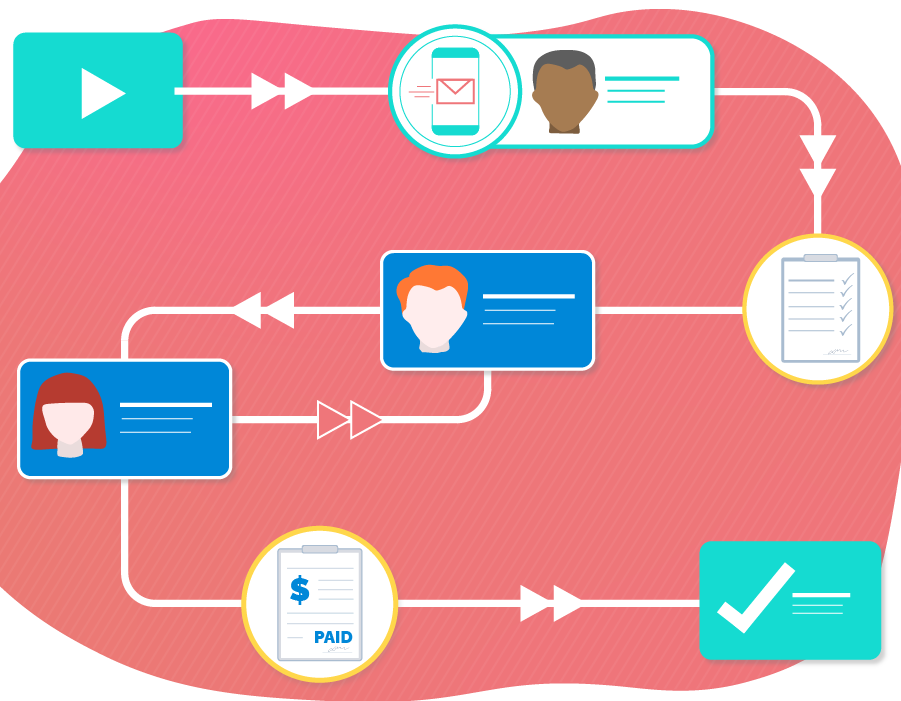
This includes setting timelines and budgets and ensuring projects are completed on time and within budget. In addition to leading process improvement initiatives, the Business Process Manager will also manage and coordinate process improvement projects. Business process management (BPM) is a disciplined approach to identify, design, execute, document, measure, monitor, and control both automated and non. Manage and coordinate process improvement projects. The Business Process Manager will often lead process improvement initiatives, such as Lean Six Sigma or Agile methodologies, to continuously drive efficiency and effectiveness within the organization. This includes identifying potential risks and developing plans to mitigate them. Driving process standardization and compliance.Ī vital part of the Business Process Manager’s role is to ensure processes are standardized and compliant with relevant regulations and industry standards. Business process management is a method for designing, executing, analyzing and continuously improving the processes in an organization in a goal-oriented. This will require strong communication and leadership skills. The Business Process Manager will communicate changes and updates to relevant stakeholders, including employees, customers, and senior management. The Business Process Manager must work closely with multiple teams, such as operations, IT, and HR, to ensure processes are aligned and support the organization’s overall goals. Collaborate with cross-functional teams.īusiness processes often span multiple departments and touch various functions within an organization. They will continuously monitor these metrics and use the data to make informed decisions about process improvements. This entry-point solution is ideal for initiating BPM projects, providing an easy-to-use interface with process execution, monitoring, and optimization engine. To measure the effectiveness of processes, the Business Process Manager will use various performance metrics such as cycle time, error rates, and customer satisfaction. Monitor and analyze process performance metrics. This may involve re-engineering existing processes or creating entirely new ones. Develop and implement new processes.Īfter identifying areas for improvement, the Business Process Manager will design and implement new processes that better support the organization’s goals. This often involves creating flowcharts, process maps, or other visualization tools to represent the steps involved in each process.
Analyze and map existing processes.Ī Business Process Manager starts by examining the current business processes within an organization to determine where improvements can be made. Some of the specific responsibilities a business process manager might have are outlined below. The ideal candidate should have experience in process improvement, project management, process mapping, modeling, and analysis tools.

A Business Process Manager oversees and improves organizational processes to ensure they are efficient, effective, and aligned with business goals.


 0 kommentar(er)
0 kommentar(er)
